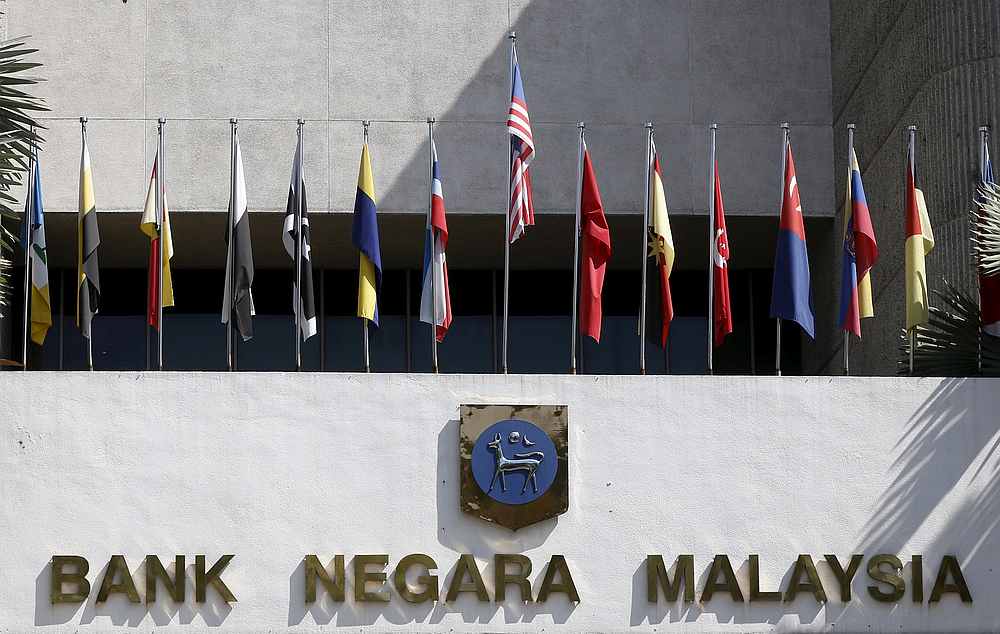 Wednesday, 14 Oct 2020 12:29 PM MYT
Wednesday, 14 Oct 2020 12:29 PM MYT
KUALA LUMPUR, Oct 14 — Most households can withstand extreme equity market shock equivalent to that experienced during the Asian Financial Crisis as investments were funded by excess cash reserves and not borrowings, according to Bank Negara Malaysia (BNM).
It said a notable development in the first half of 2020 was the significant increase in retail participation in the equity market, which saw retail investors purchasing a total of RM113.1 billion worth of listed shares.
“Our surveillance indicates that the surge in retail participation has not been funded by borrowings.
“Loans disbursed and outstanding for the purchase of shares, including margin financing, remained low and broadly stable during this period,” it said in its Financial Stability Review - First Half 2020 released here, today.
It said such loans continued to account for a small share of overall household debt (0.5 per cent) and bank lending to households (0.6 per cent).
There had also been no discernible changes in the profile of household borrowers with share margin facilities, as they remain mostly within the higher-income segments with larger financial buffers, it said.
BNM said anecdotal insights suggested that some households were using excess cash reserves from relief measures and savings to invest in equities.
This, it said, could increase risks to households through the impact on debt-servicing capacity and wealth effects if the value of equities fall substantially when households have to resume their loan repayments.
“As noted above, such risks are assessed to be low given that leveraged retail investors typically have larger financial buffers,” said the Central Bank.
Total equity holdings by households as a share of Liquid Financial Asset (LFA) had also remained largely unchanged, it added. — Bernama
